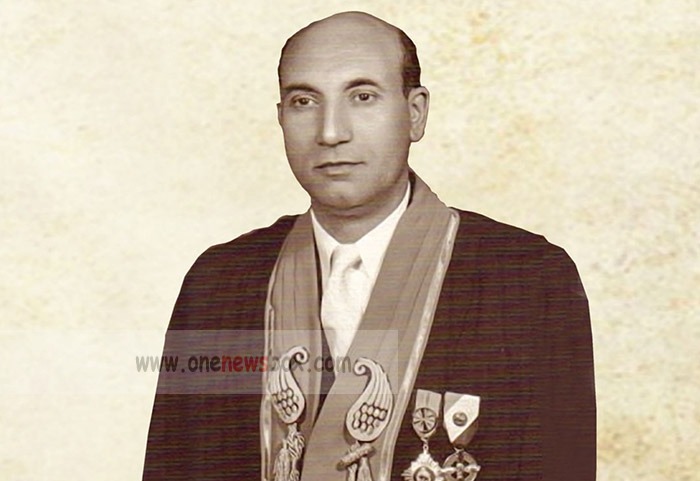Abolghasem Ghaffari was born in 1967 in Tehran, in the bustling district around Baharestan Square. At the time, the area was a vibrant center of social and political activity, home to schools, small shops, government offices, and religious centers. His father, Mirza Hossein Khan Ghafari, worked as the senior secretary of the personnel department within the Ministry of Justice. Known for his disciplined work ethic and administrative skills, Mirza Hossein Khan played an important role in shaping his son’s early intellectual environment. The family belonged to a middle-class household that valued education, tradition, and moral discipline.
From a young age, Ghaffari displayed an unusual talent for learning. A cleric living in their neighborhood ran a small traditional school, and it was there that Ghaffari first encountered structured learning. He studied reading, writing, arithmetic, and basic religious concepts before entering a formal educational institution. His teachers reportedly noted his ability to grasp abstract ideas quickly, a trait that would later define his academic trajectory.
After completing his primary studies, he was accepted into Dar al-Fonun, Iran’s first modern school, established during the Qajar era to train students in sciences, engineering, and military fields. At Dar al-Fonun, Ghaffari found himself in an environment steeped in scientific curiosity and early Iranian modernism. Among his most influential teachers was Mohsen Hashtroodi, a prominent Iranian mathematician who had also studied in France. Hashtroodi recognized Ghaffari’s talent and encouraged him to pursue mathematics more seriously. The relationship between the two deepened into a lasting friendship and professional collaboration.

